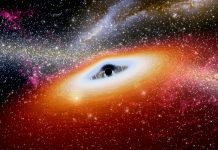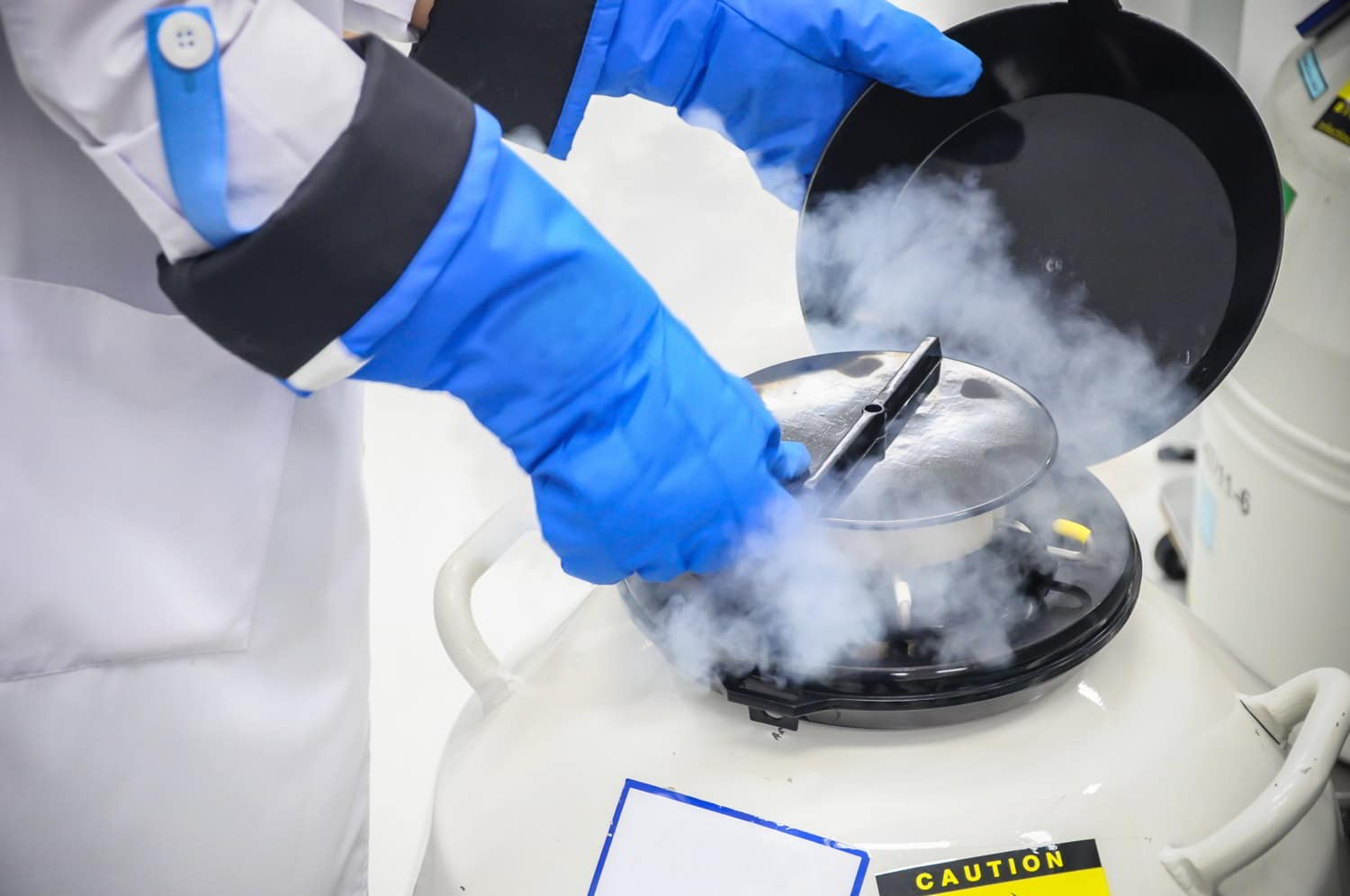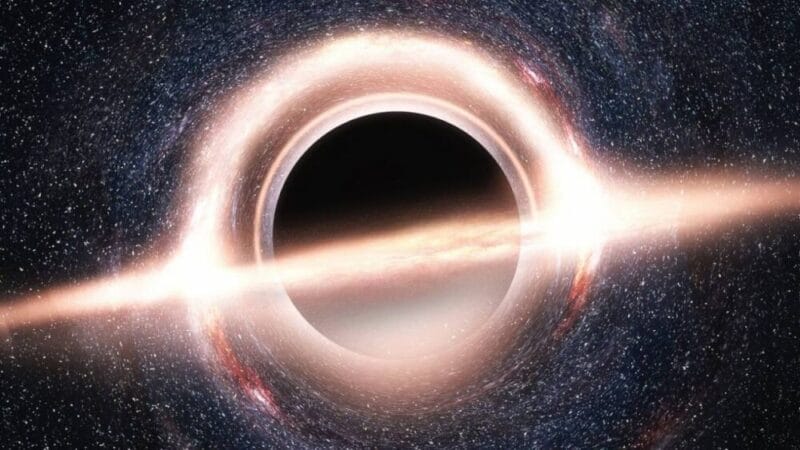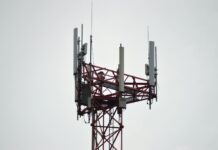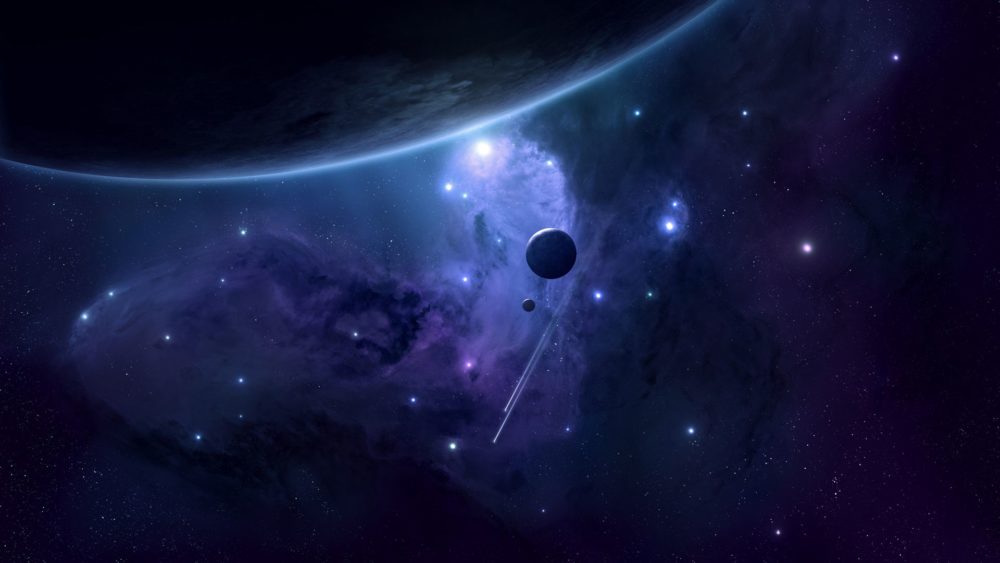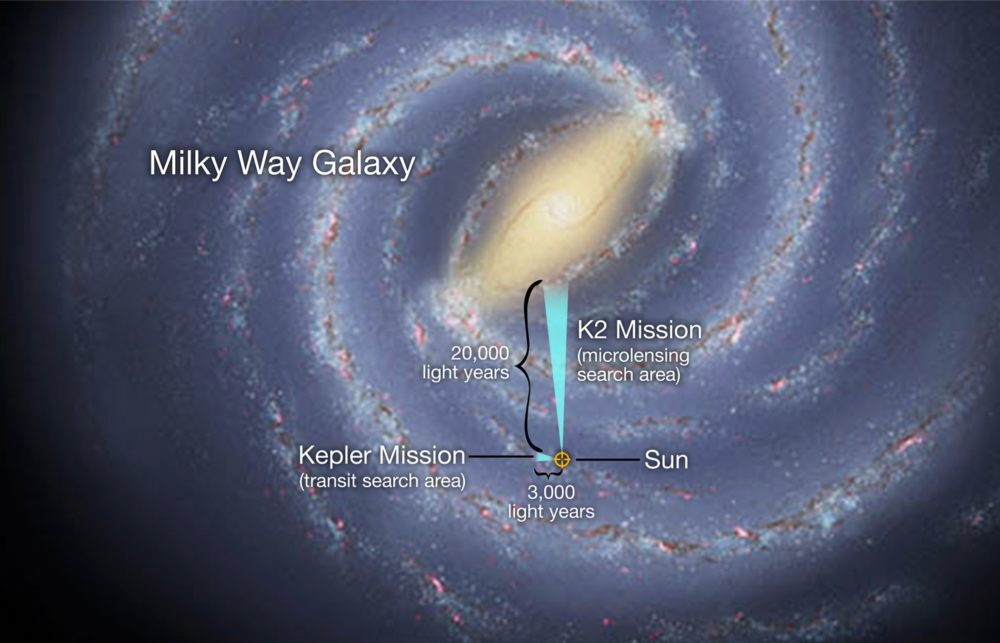
Current and Previous Space Discoveries
2019 Exploration Season Closing Up
We will begin the new year soon, however, 2019 was an extraordinary year for science, particularly for cosmology and space innovation. Specialists and researchers have made numerous disclosures and advances in space, some of which have pulled in overall consideration.
Be that as it may, numerous different revelations have to a great extent gone unnoticed by society, notwithstanding the fact that they have been no less overwhelming. From cryovolcanoes to extragalactic planets, we’ll see the absolute best heavenly current and previous space discoveries, disclosures and creations.
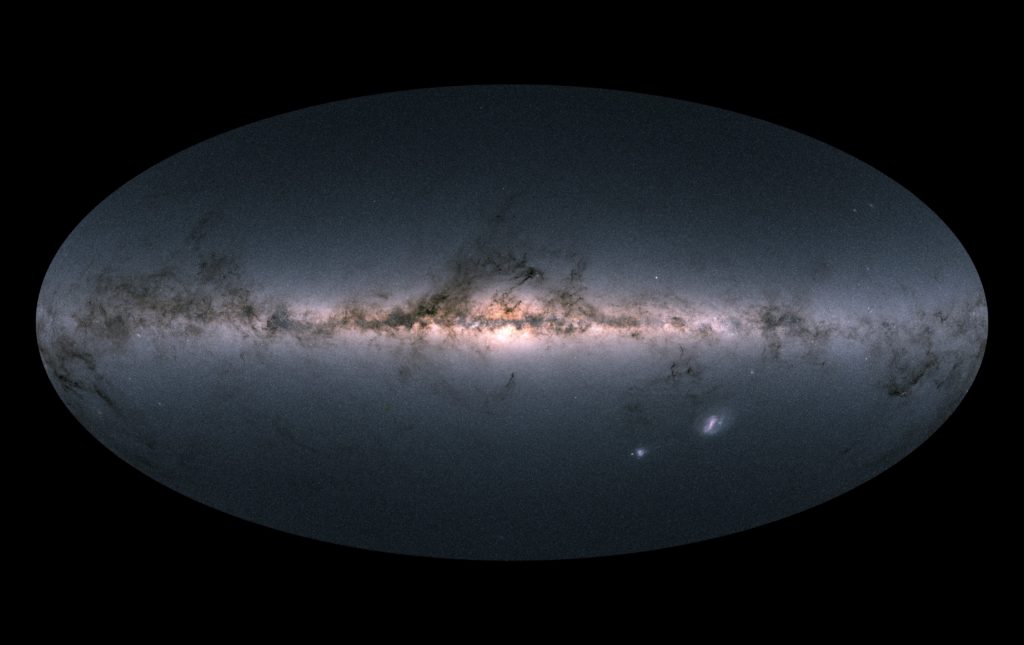
Source Image: wikimedia
Planet X Beyond Neptune
Two cosmologists recently distributed an article that altered the course of current space science. The article anticipated the presence of another goliath planet hiding a long way past Neptune in the most far off pieces of our solar system. In September this year, one of the writers of the first article concluded that the time had come to refresh (our solar system knowledge or comprehension).
Right now, one hypothesis is that planet x has been tossed around our sun from a past closer orbit. Another says our solar system has caught the planet from another star. Notwithstanding, without finding the planet, no clarification is yet sure. Basically, there will be such a significant number of groups searching for a riddle object that they will never again have the option to stow away.
To clarify the strange orbits of articles outside Neptune, speculations about a baffling item were made. At that point, in January 2016, two Caltech analysts (Konstantin Batygin and Michael E. Darker) recommended that the planet would be in all likelihood clarification. Truth be told, they even gave the proposed orbits to such a planet.
Current and Previous Space Discoveries
Exomoons and Exoplanets
In October 2019, space experts reported the revelation of an exomoon outside our solar system. In spite of the fact that moons are across the board in our nearby planetary group with very nearly 200 regular satellites, the long quest for interstellar moons was unfilled. Stargazers have figured out how to find exoplanets outside our solar system close to their stars, however, exomoons are increasingly hard to situate because of their littler size.
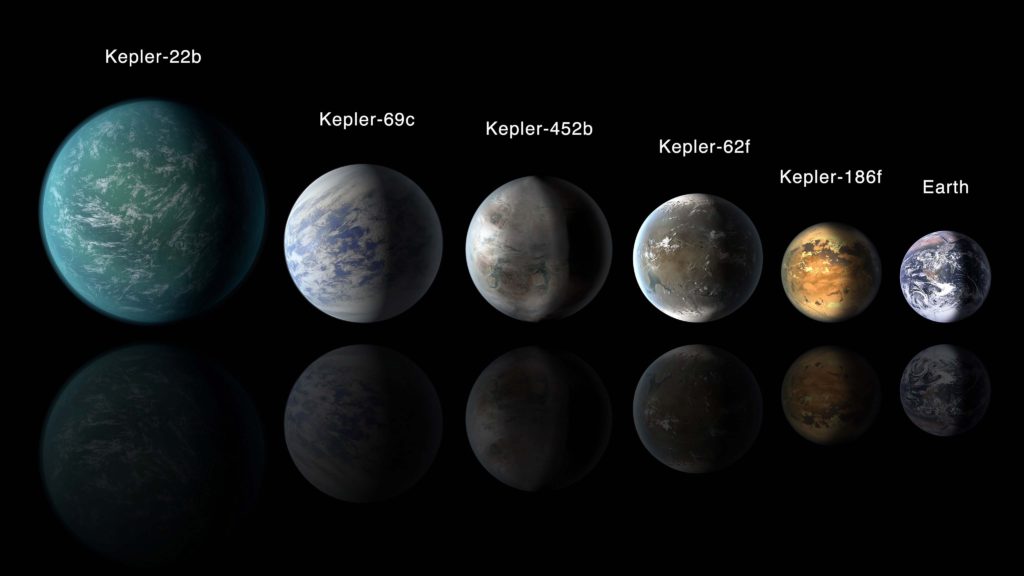
Source Image: NASA
One More Step For Mars Exploration
Mars is another focal point of space exploration and astronomy as NASA has been sending rovers for the past decades with portable labs to investigate the possibility of alien life and future settlement on this planet. Nasa’s Mars Curiosity rover sends feedback on having discovered organic matter (Carbon) which is an essential chemical element in the building blocks of life. This will be the principal lander to investigate the profound inside of Mars.
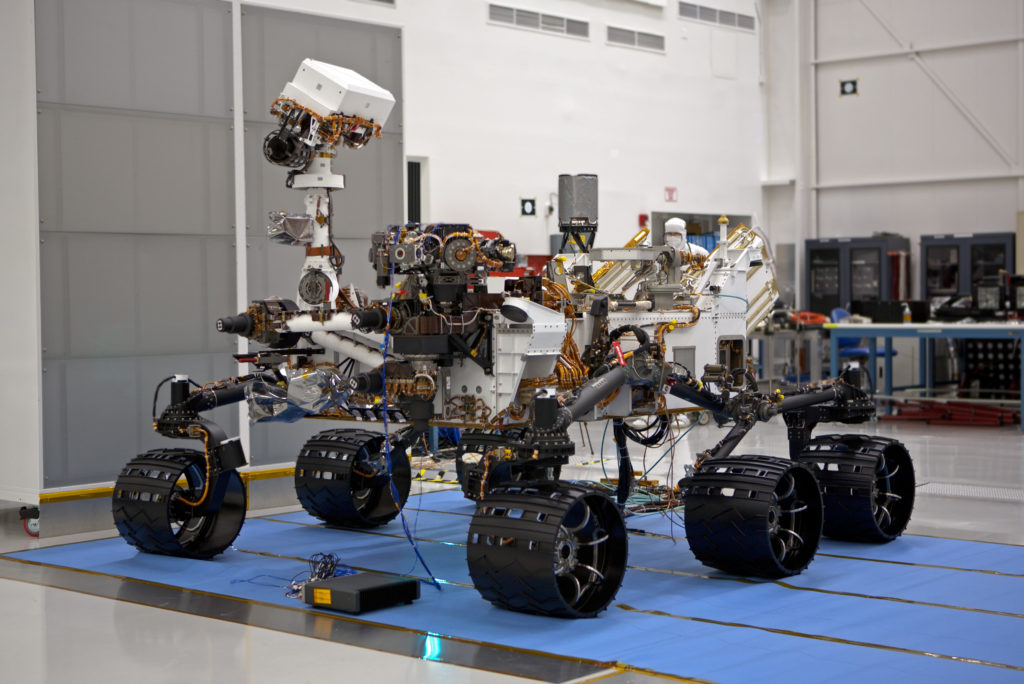
Source Image: wikimedia
Current and Previous Space Discoveries on Space Weather Research
The Parker solar probe, named after Eugene Parker’s noteworthy astrophysicist, was propelled and went nearer to the sun than any other spacecraft. This mission will last for seven years and give information to respond to significant inquiries regarding the Sun. Perceptions and information can give knowledge into star material science, change our comprehension to better understand the baffling solar crown, improve our comprehension of the solar wind, and improve expectations of significant weather events in space.
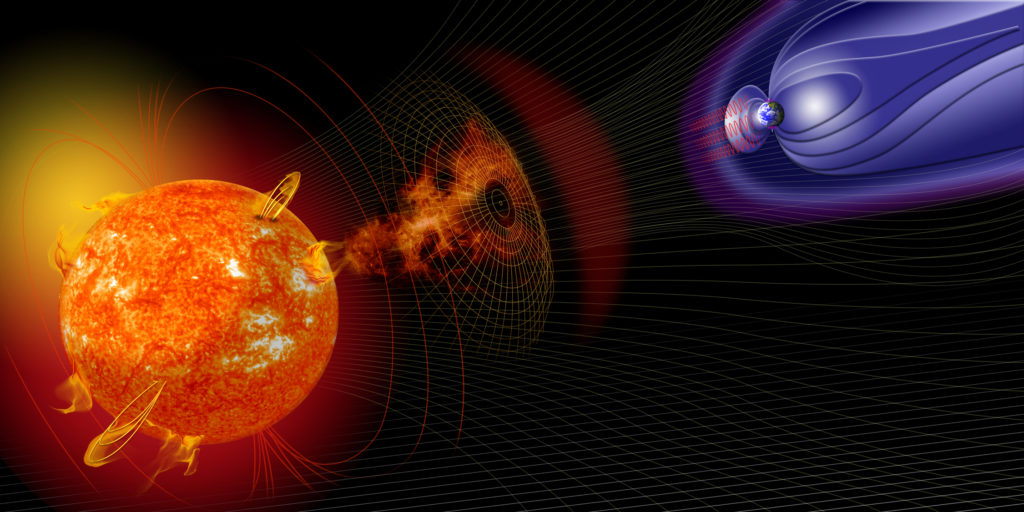
Source Image: wikimedia
Current and Previous Space Map Discoveries
In April 2018, the European Space Agency, ESA, distributed the biggest space map to date. As though that wasn’t sufficient, the picture demonstrates the situation of a large portion of about 500 thousand galaxies, just as 14 thousand asteroids in our solar system.
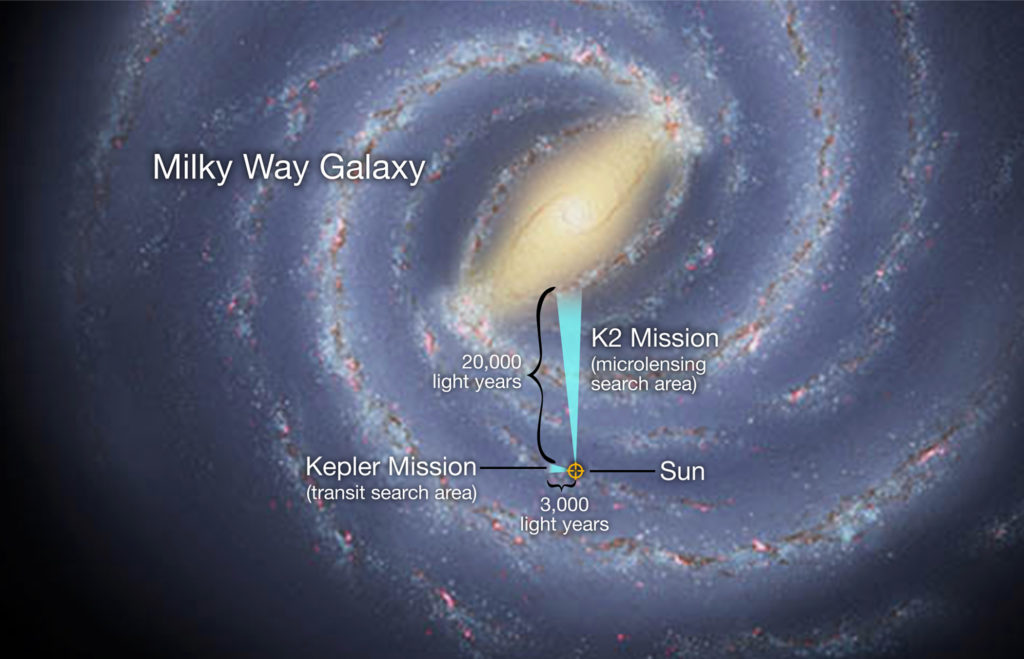
Source Image: sciexaminer
The Future of Space Exploration
With the assistance of rockets, a space station and satellites, individuals have made incredible steps that have improved the lives of numerous people, for example with the help of satellites predictions and follow-ups of weather conditions including cataclysmic events such as hurricanes have improved and have helped in the human evacuation of cities, which has saved many lives, not counting the fact that satellites support our massive everyday telecommunication systems, in fact remove satellites from space for 1 minute and billions of any currency value (CFA, Dollar etc) will be lost.
In any case, when these creations quit working, portions of them basically drift in space as pointless waste. With a large amount of debris in space, calamities collisions (debris left by clashes between space bodies like asteroids), space exploration is progressively becoming troublesome.
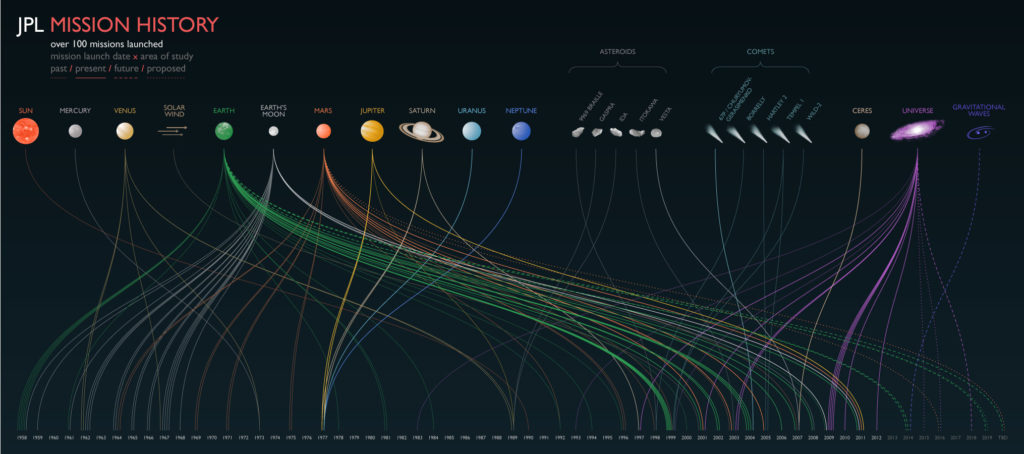
Image Source: JPL
Bonus Content on Current and Previous Space Discoveries
The big question that usually arises is why humanity is investing in all these, why all the pains, why all the billions of currencies to explore space? Well, one can be tempted to say it’s just all about the passion or satisfaction of humanity for fulfilling its exploration curiosity.
Firstly as earlier stated in the paragraph above, the immediate impact of space exploration and studies has greatly enhanced our telecommunication systems and our understanding about weather conditions which have saved many human lives and increased our standards of living and life expectancy. That notwithstanding, there are many other reasons for these space studies, one of the main reason which is survival.
One should think each time we uncover dinosaur bones from the soil, it should remind us that the very human civilization that seems so solidly established, and self-sufficient, is a very fragile civilization, that can be actually easily wiped off the surface of the earth by any mass extinction event or even worst, auto destroy itself with a modern war (Nuclear War) at anytime. Insecurity is spying on us from all angles, if we don’t want our bones to be discovered, uncovered, exposed and archived by museums of future civilizations, we better explore and find other places we could continue to prosper. The earlier we spread our eggs in more baskets by finding other places to settle the better.
What do you think can be the other reasons for space exploration? Let us know in the comment section below.

